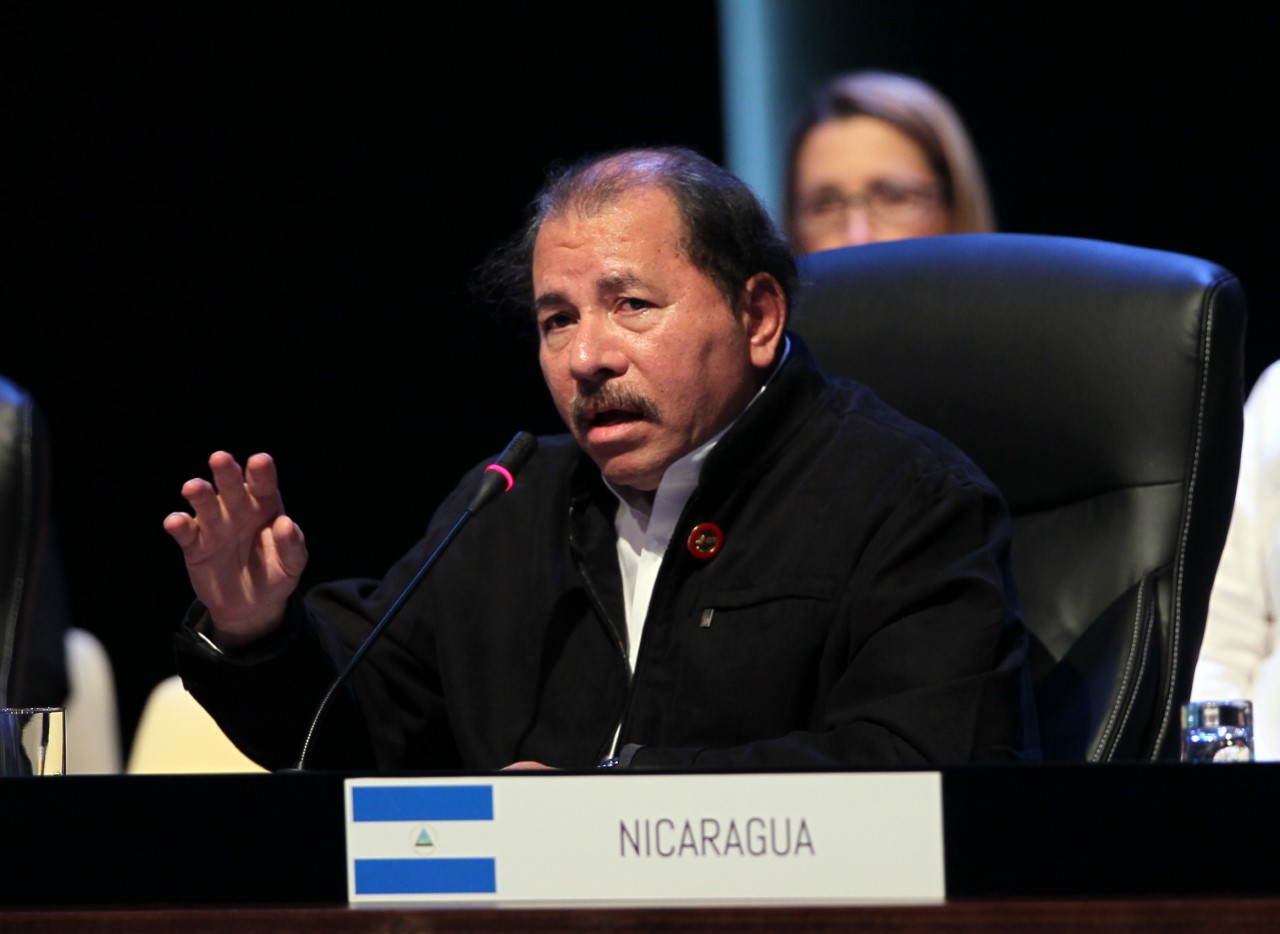
Earlier this month, on the 7thof November 2021, Nicaragua held its general elections to decide on a new president as well as its representatives in the National Assembly. President Daniel Ortega won the presidential vote by 75% (according to CSE) and his party, the Sandinista National Liberal Front (FSLN), won the majority in the National Assembly with 75 seats out of 91. However, many citizens, as well as world leaders contest the results, with US President Biden saying it was a “pantomime election”, and a spokesperson of the UK Government claiming the outcome was “not free and fair” and “not a plausible expression of democracy”. Indeed, Ortega is now on his fourth consecutive five-year term and has been president since 2007. Interestingly enough, the voting legislation was changed in 2009, allowing immediate re-election for presidents, and again in 2014, allowing the leaders to run for an unlimited number of terms, which conveniently permitted Ortega to stay in power all these years.
The controversy regarding an unfair and non-democratic election comes from the persecution the opposition has endured. According to Al Jazeera, “40 opposition figures, including seven potential presidential candidates” have been arrested since the beginning of the campaign. All the arrests have been justified by Ortega, who claimed his Government was simply prosecuting criminals who were either plotting a coup, accused of terrorism or even money laundering but these accusations are largely contested. However, civil unrest is not a recent thing in Nicaragua and was particularly prominent in 2018 and has only been growing since. Many demonstrations broke out after the announcement of a government reform, increasing taxes and reducing benefits. Throughout these events, 328 demonstrators died, 1,614 were arrested, and many were victims of “ill-treatment and torture while in detention”. Numerous Nicaraguans then fled the country in fear of the repercussions they could face when expressing any form of disapproval for Ortega’s politics.
Knowing all this, activists in Nicaragua and all over the world, encouraged people to boycott the elections “to avoid legitimizing what they consider a ploy by President Daniel Ortega to remain in power”. The hashtags #QuedateEnCasa (in English, ‘Stay At Home’) and #MiCandidatoEstáPreso (in English, ‘My Candidate Is Imprisoned’) were seen all over social media in the days leading up to the elections. And indeed, people stayed at home; although the government-approved percentage of turnout is 65%, an independent organisation claims it was more likely around 18%, and the people who did show up might not have been there by choice. A student activist claimed they were “forcing people who work for the State to vote”, threatening to fire them if they didn’t.
What might surprise people is that Ortega’s political life started long before 2007. Indeed, the current president governed Nicaragua between 1979 and 1990 as his party took down the Somoza Family, US-backed dictators who had been in power for more than 40 years. Isn’t it quite paradoxical that Ortega – someone who fought for the end of a dictatorship – ended up becoming what he was advocating against?
To explore further:
Exposing a Sham Election – CNN Podcast ‘Tug of War’ with Clarissa Ward
Image: Daniel Ortega by Ismael Francisco for Cubadebate, 2014//CC BY-NC-SA 2.0



Average Rating